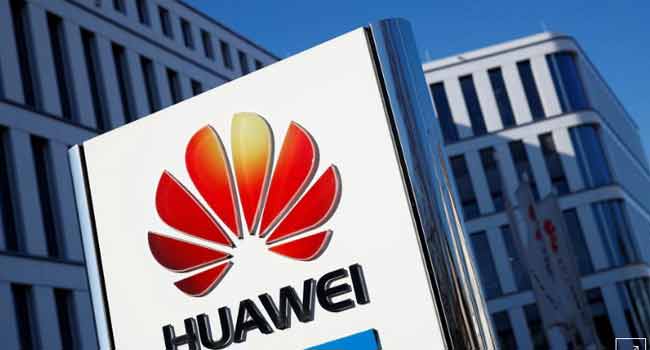
acts, not fears should decide the future of telecoms network security in Europe, industry leaders, and policy chiefs said this week, brushing off U.S. calls for a ban on Chinese vendors.
Europe has become the main battleground in a U.S. campaign to rid Western networks of Chinese telecoms equipment, with Washington accusing Huawei Technologies of spying for Beijing, allegations the company has repeatedly denied.
Mobile operators warn that a blanket ban could delay next-generation 5G connections by years and comments from the world’s second-largest mobile operator Vodafone and European Commission officials at this week’s Mobile World Congress in Barcelona suggest a more cautious response is likely.
“You’re going to see a messy, essentially managed response that will probably vary in detail from country to country,” said Forrester analyst Frank Gillett. “In the end it’s about containing and managing the risk of Huawei, as well as any other vendor, but particularly Huawei.”
The security concerns are particularly acute because of the onset of 5G, with operators now making decisions which will govern the future of mobile networks slated to bring super-fast speeds for everything from computer gaming to medical surgery.
Huawei chairman Guo Ping met government and industry partners in Barcelona to give reassurances in the face of the U.S. accusations, people with knowledge of the matter said.
“Let experts decide whether networks are safe or not. The U.S. security accusation of our 5G has no evidence, nothing,” Guo told the Congress on Tuesday.
His comments echoed those of Vodafone boss Nick Read, who called on Monday for the United States to share any evidence it had about Huawei, while the European Commission warned against “premature decisions based on partial analysis of the facts.”


No comments:
Post a Comment